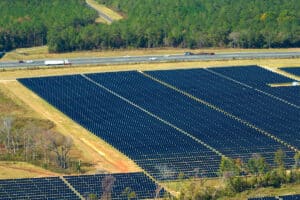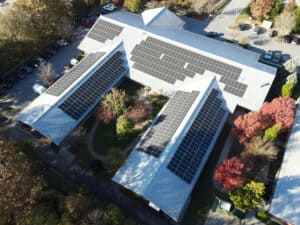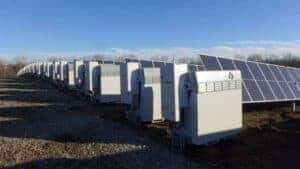Public Improvement Fee (PIF) is an added fee collected by businesses on sales transactions. It operates kind of like a sales tax, but it is actually a fee rather than a tax. The fee is used to fund infrastructure improvements in order to improve the site community of the fee collector.
What is the Public Improvement Fee?
Unlike sales tax, which is collected by the government, the public improvement fee is collected by a third party administrator hired by the owner of the development site.
The money won’t be taken by the city or the store. Instead, it is taken by the developer of the property, or the landlord. And the fee can be used for curbs and sidewalks, storm management systems, sanitary sewer systems, public street lighting, and road and bridge development.
PIFs are only available in Colorado. Individual businesses can apply for a PIF to fund its infrastructure projects. Once the application is approved, each time a consumer purchases their products or services, he or she has to pay a certain percentage on the sales transaction.
For example, a shopping area is owned by a property developer and he sets the PIF as 2%. Then, the money you spend on any stores in this shopping area is subject to the 2% PIF.
Additionally, since public improvement fee is fee isn’t a sales tax, it becomes a part of the overall cost of the sale/service and the fee itself is subject to sales tax, according to City of Pueblo.
How does Public Improvement Fee Relate to the Hospitality Industry?
In the hospitality industry, each hotel has a set amount of money they need to collect to pay off the amount of public improvement fee their city or county requires them to pay. To do this, they charge an extra fee to each guest. As the year goes on, the amount of the PIF which hotels charge may be different because those hotels need to re-adjust the added fees they’re charging, so they can collect the right amount of money to pay back to their city or county.

Using a PIF to Fund an Energy Project
A PIF can also be used to fund an energy project. For the hospitality industry, adapting renewable energy can save a great amount of money in electricity and air conditioning. If a business gets a PIF approved, it allows its property developer to fund a PACE bond to in turn fund an energy project.
What is PACE Financing?
PACE stands for property-assessed clean energy. It is a financing structure in which building owners borrow money from energy efficiency, renewable energy, or other projects and make repayments via an assessment on their property tax bill, according to the U.S. Department of Energy. The financing arrangement remains with the property even if it is sold, which promotes long-term investments in building performance, according to the U.S. Department of Energy.
Some of the advantages of PACE financing include positive cash flow, strong security, and transferability.
With a PIF, a hotel can collect money from its guests and transfer the money to the property developer. The property developer can then use the PIF to fund a PACE bond to fund an energy project, which in turn can lead to significant energy savings, higher operational efficiency, and improved comfort for guests (through the use of smarter, more efficient heating and cooling systems).
Get Your Public Improvement Fee with EnergyLink
EnergyLink is a certified C-PACE developer and has experience dealing with PIF agreements previously. If you are interested in getting a better energy project for your hotel, click here to contact us!






